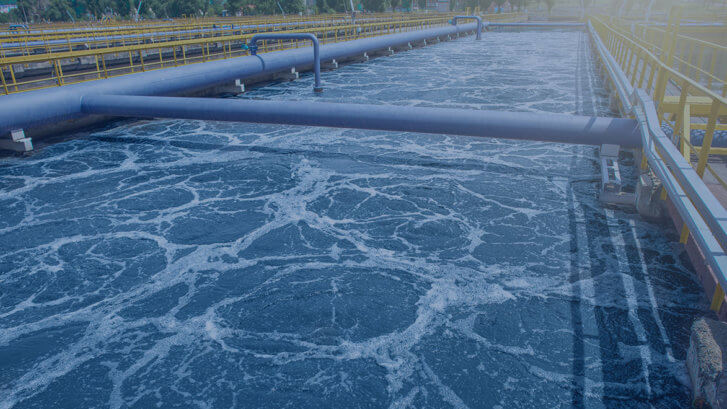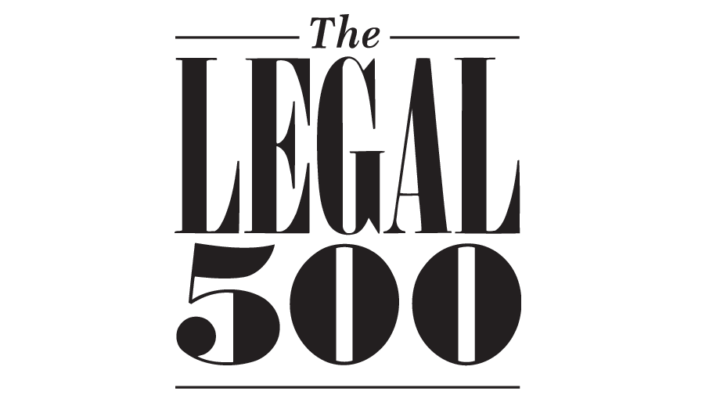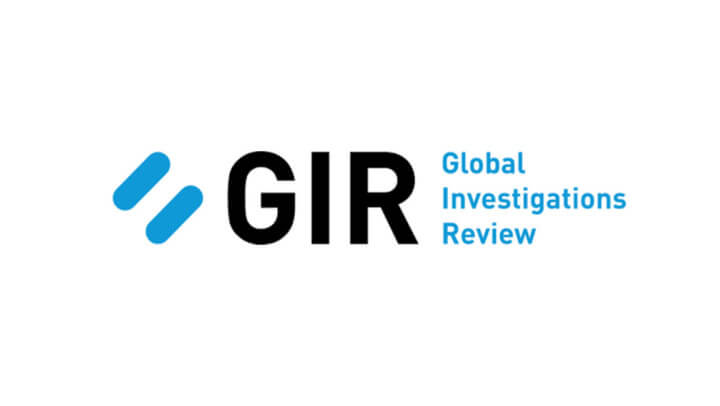Thames Water was fined £2.3 million at Aylesbury Crown Court on 26 February 2021, following a guilty plea in relation to a pollution incident in Henley-on-Thames. The company was also ordered to pay the Environment Agency’s significant costs of nearly £90,000.
The incident occurred in April 2016 when sewage with high levels of ammonia was released into Fawley Court Ditch at Henley-on-Thames, killing over 1,000 fish and other water life.
The company pleaded guilty to one offence of causing a discharge of partially treated effluent without an environmental permit, under regulation 12(1)(b) of the Environmental Permitting (England & Wales) Regulations 2010.
The Environment Agency alleged that there was poor management at Thames Water’s Henley-on-Thames plant with no adequate monitoring in place to manage the risk of pollution, made worse by staff not responding to alarms highlighting faults in the process. The incident was described as “entirely foreseeable”.
Judge Francis Sheridan stated that Thames Water should have reacted to the warnings “long before” they did. He added that the pollution and the events leading up to it showed “high negligence” by the company.
Fines for environmental offences are determined by following the Sentencing Council’s, ‘Environmental Offences – Definitive Guideline’. An assessment of culpability and harm leads to an offence category which informs the starting point and range of the fine under the guideline.
It appears that of the four levels of culpability (in decreasing order of severity: Deliberate, Reckless, Negligent and Low or No Culpability), the company in this case was found to have been ‘Negligent’, i.e. there was a failure by the organisation as a whole to take reasonable care to put in place and enforce proper systems for avoiding commission of the offence.
In relation to harm, the Environment Agency commented following the fine that there was “significant harm on water quality”. This suggests that of the four categories of harm (in decreasing order of severity: Category 1, Category 2, Category 3 and Category 4 harm), the relevant category was Category 2, i.e. a significant adverse effect or damage to air or water quality, amenity value or property; a significant adverse effect on human health or quality of life, animal health or flora.
Thames Water’s annual turnover is around £2 billion and so it is likely to have been treated as a Very Large Organisation (i.e. an organisation with a turnover very greatly exceeding £50 million and over) with reference to the sentencing guideline.
Thames Water received the largest fine in the Environment Agency’s circa 25-year history in March 2017 when it was fined £20 million. Although the £2.3 million figure is much lower than the 2017 fine, it is a significant fine for one offence in these circumstances and demonstrates the court’s continued desire to severely punish and deter environmental harm.
The Environment Agency has been taking an increasingly hard line against water companies over recent years and has publicly stated that “pressure it has put on water companies has led to £30 billion of investment by the industry in water quality”. On 2 October 2020, it published its ‘Water and sewerage companies in England: environmental performance report for 2019’ report. The report stated that “Last year’s report made clear that performance was unacceptable across the sector, this report shows performance deteriorated for the second year in a row”. The report concluded that:
“We will continue to use and develop our regulatory interventions to turn water company performance around and align better with our expectations … We are looking to strengthen and broaden our reporting mechanism and toughen our regulation to ensure the best outcome for the environment”.
It is likely that there will continue to be eye-catching fines for environmental offences in the future where larger companies fall foul of the environmental permitting regime.
BCL has extensive experience advising environmental permit holders, including water companies, in relation to all aspects of investigations, prosecutions and enforcement action by the Environment Agency and other regulators. BCL advises in relation to the Environment Agency’s powers (for example, to obtain documentation and information under s.108, Environment Act 1995 and Regulation 61, Environmental Permitting Regulations 2016), alternatives to prosecution (such as Enforcement Undertakings) and prosecutions.




